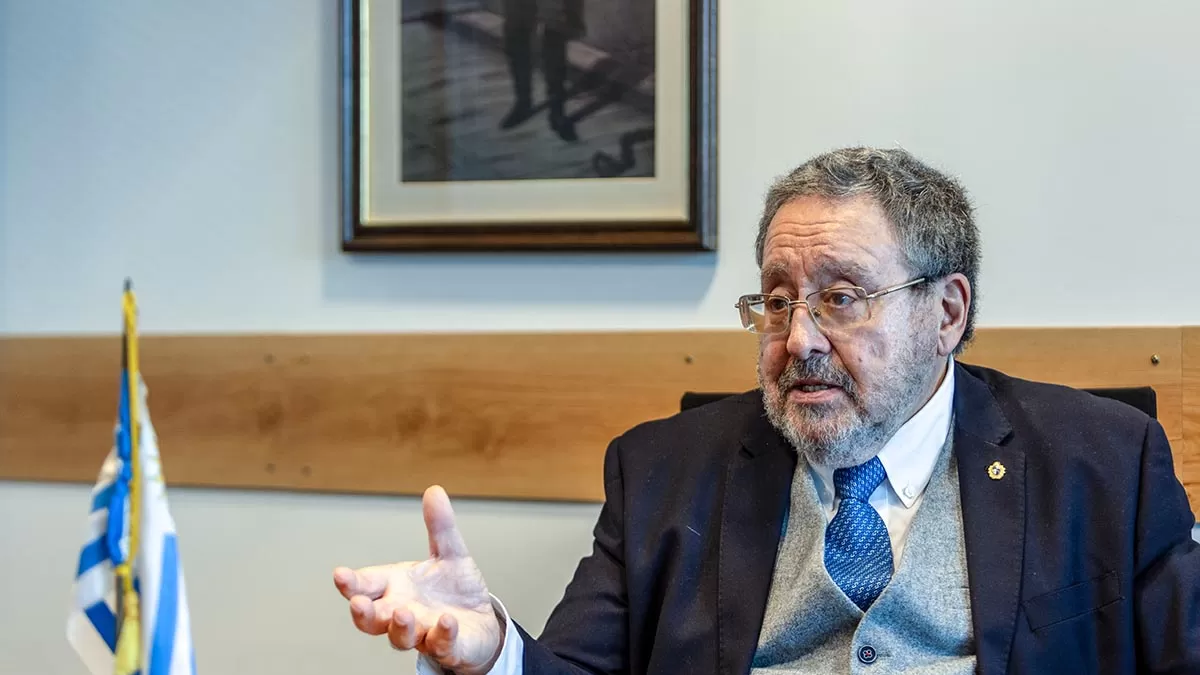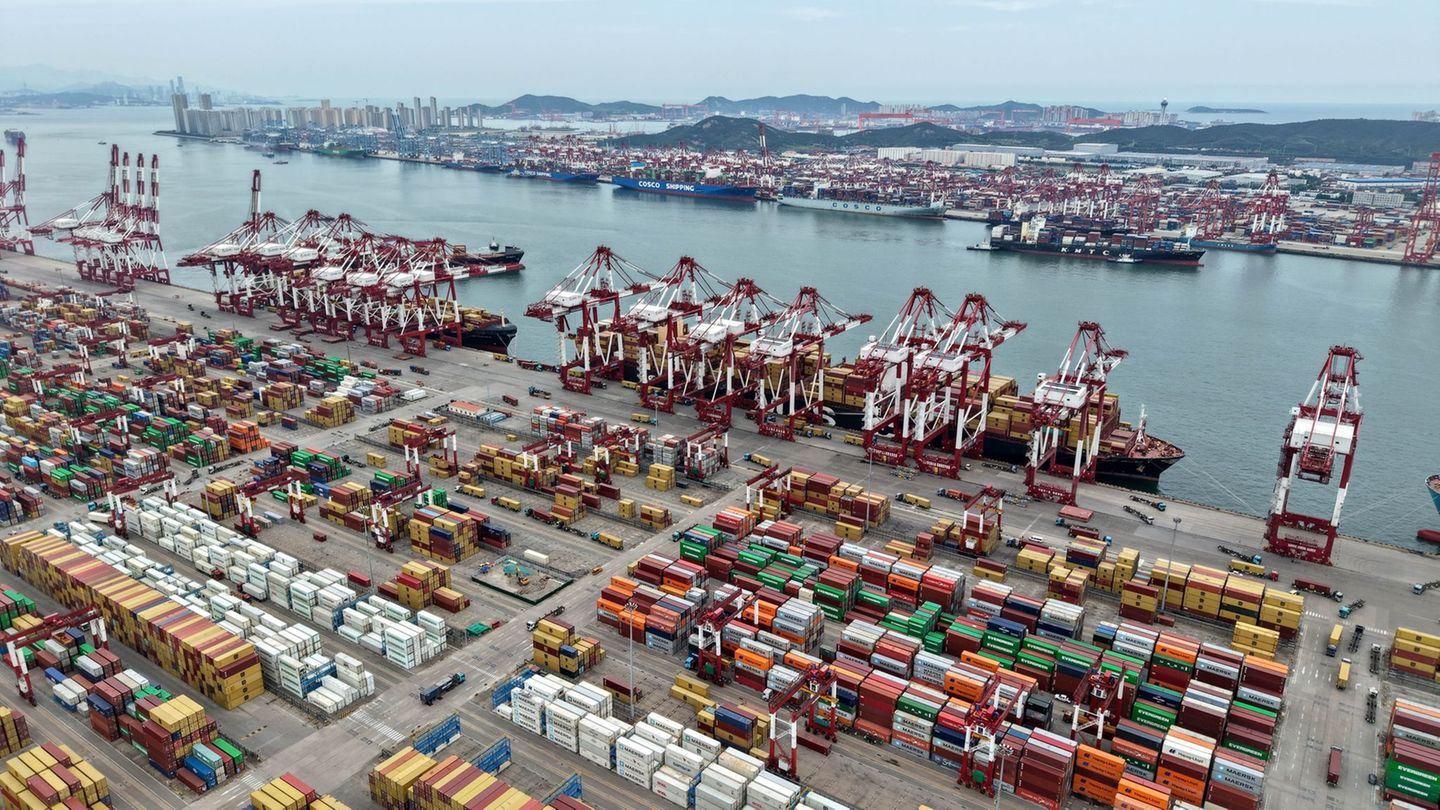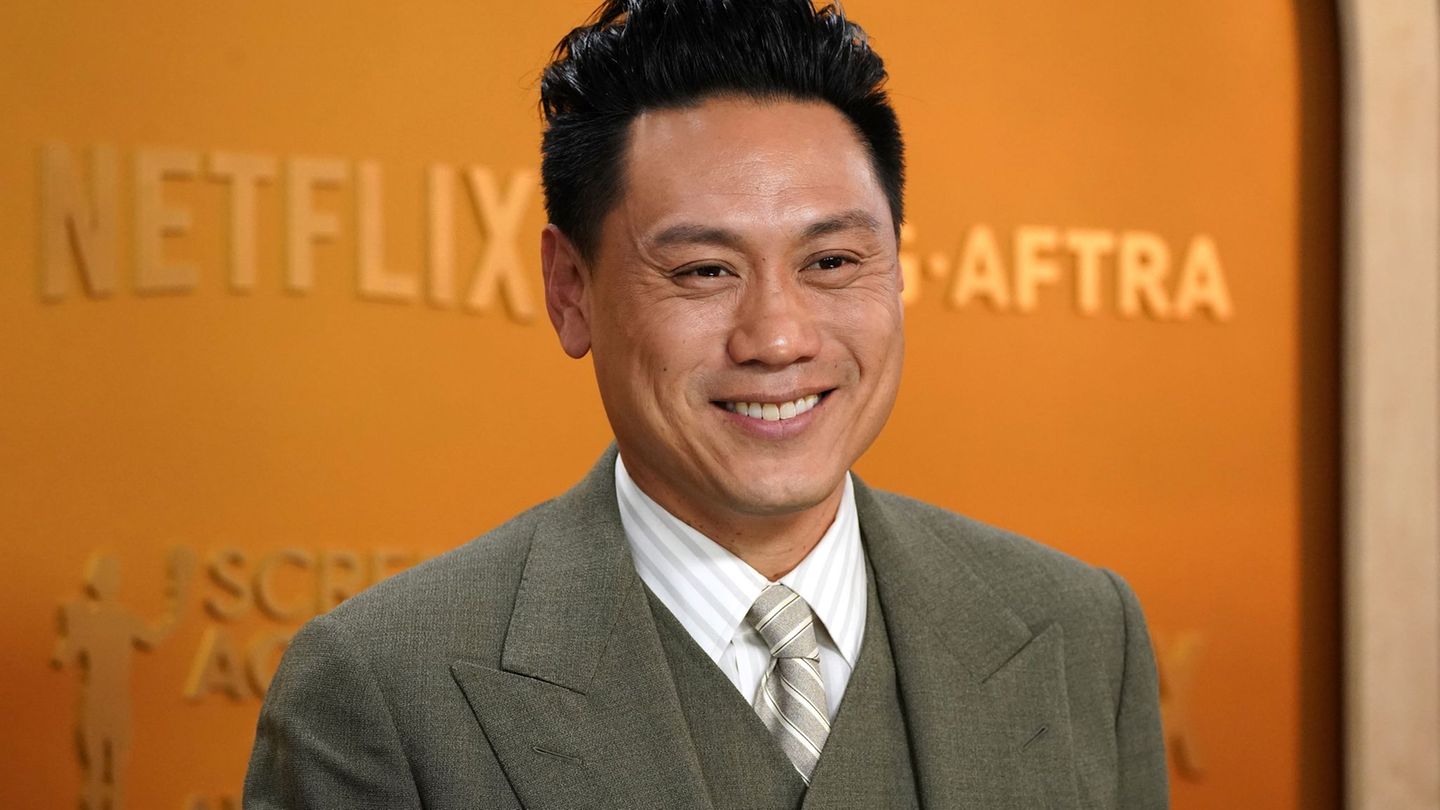The Secretary General for the fight against money laundering and financing of terrorism (Senaclaft), Jorge Chediakvalued, within the framework of the 12th Congress on the Prevention of Money Laundering of the Americas, the positioning of the Uruguay on this matter and referred to the legal changes introduced in recent years and others that he considers necessary.
What is the current situation in Uruguay regarding money laundering?
– Uruguay is not a regional money laundering centre. It does not even have the average level of money laundering in the region, it is lower, but since the 206 jurisdictions of the GAF have money laundering, there is no jurisdiction in the world that does not have money laundering within it. Therefore, the system must be improved. It is impossible to have zero money laundering, but we must have the most established, most efficient and most operational prevention system possible, in order to lower the level of activity and successfully pursue those who launder money in the repressive part.
There are two very particular characteristics of the crime of money laundering. First, it does not have the appearance of a crime, but is committed through normal commercial and financial actions, which makes it difficult to detect. And second, it is mostly carried out through criminal organizations that have a lot of money that comes from previous crimes. Therefore, these organizations use more professional and technical services, and make the operations through which money laundering is carried out more complex.
Critics of the Urgent Consideration Law (LUC) pointed to the article that makes the amount that can be paid in cash more flexible, bringing it up to US$ 100,000. Has that led to any changes?
– It hasn’t moved the needle. Now, it is risky, yes, that we are above the existing average in Europetoo. Those who set the limit are, in general, around 20,000 dollars. So, we are a little higher. What happens is that, also, in Uruguay the dollar is very flat. Suddenly, the 20,000 dollars in Europe are 40,000 here, because the dollar is worth very little here. The limit is absolutely debatable. Maybe it would be more reasonable to set it at 40,000 dollars. It is a technical issue. The reception by the group that proposed it, which was the association of notaries, was very favorable. They are very happy with how the use of cash has simplified their work. People do not use cash, above all, for the same reason that before the law of financial inclusion, we did not use much cash, for a security issue. I am not going out if I am going to buy a car with 20,000 dollars in my pocket. Give me a bill of exchange, I will go and pay it.
Should the structure of controls over the financial system be reconsidered? You have even said that it “can be breached.”
– What we have pointed out is that everything can be rethought. This structure with two heads, one in the Central Bankanother in Seneclaf, separating the financial sector from the non-financial sector, can be reconsidered. There is a consensus that it would be necessary to see if it can be improved by unifying or not the supervisions, how it would be, if it would be another body, or would it be concentrated in the secretariat, but basically the consensus that emerges is that the technicians should sit down and see if the system should be redesigned or not. Because today the Central Bank controls the financial system. And we do so over 14,000 non-financial subjects. In other countries it is unified.
Should we pay more attention to the controls on political parties, taking into account the election year?
– I don’t think it’s an issue for the election year. We need to have the best possible law on political party financing, and a lot of progress has been made, as well as the best possible controls on the origin of funds, which, above all, go to campaign donations. Because, as we have said, the permanent financing and operation of political parties in Uruguay is very clear and does not present any problems. Basically, all Uruguayans contribute through the almost 14 dollars per vote that the Electoral Court pays. And then, those of us who have elective or political positions, or positions of particular trust representing political parties, contribute a part of our salary for the operation of the parties. And that is all money of legal origin, there is no problem there.
The issue is donations for campaigns. And we don’t have to worry about that only during the election year, but we have to have a better system of prevention on a permanent basis so that money of illicit origin doesn’t leak. One of the modifications on which there is consensus is that political parties must always be, by their condition as such, obligated subjects. Because today there are thresholds that determine that very small political parties are not obligated subjects because they do not reach the income level or the level of sufficient assets to be obligated subjects, and therefore they are not. And there are some that are obligated subjects in election years because they receive the amounts paid by the Electoral Court and in normal years they don’t, because their permanent financing is low. Basically, we have to modify, and it can surely be done by decree, the regulations in such a way that the political party, whatever its size and whatever its income, is always obligated subject to the prevention of money laundering.
Source: Ambito




